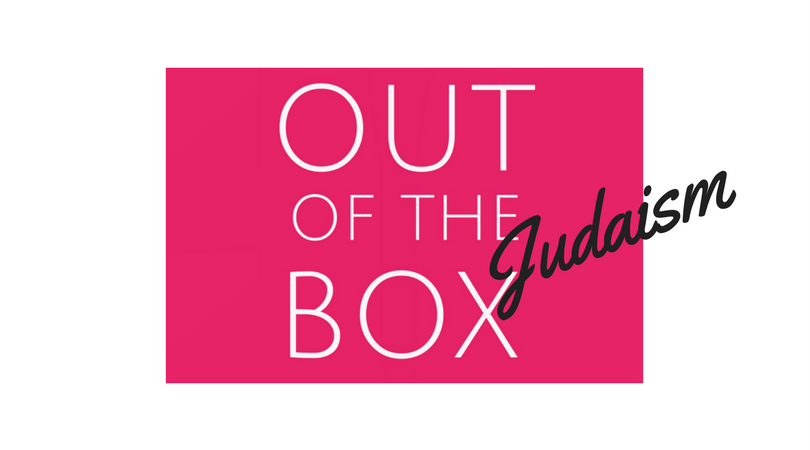First steps, first words, first day of school….
These are all things that seem so important at the time. Actually, they truly are important at the time. But looking back, they sometimes don’t seem as exciting, and the memories fade.
For example, by the time someone is six, do you really remember the exact date of their first step? When Abby Wombach gave her amazing commencement address at Barnard (linked here in case you haven’t read it yet – it is not to be missed), do you think her parents said, “Oh, I remember the day she said her first word.”
The amazing thing about a first is that it’s a first of many. This is true of milestones that are the beginning of new phases, just as it’s true of hurdles that are the beginning of new improvements. For example, the first thing one must do if they want to build a habit of running is put on running shoes. That’s the first of many steps.
So firsts get a lot of attention – sometimes. I mean, do you really remember the first time you took a shower? Or the first time you read an email? Lots of firsts just happen. They’re just the stepping stone to the next and the next.
But there’s a first that happens in this week’s Torah portion that I don’t want to overlook. It’s the first time the word “amen” appears in the Torah. And actually, it appears twice.
Here’s what happens.
So let’s say there’s a married woman and her husband thinks she’s sleeping with someone else. The husband is jealous. But he doesn’t actually know if his wife was sleeping with someone else. So there’s a ritual to find out.
The jealous man takes his wife to the priest. The priest makes some bitter water and the wife is supposed to drink it. After she drinks, this concoction is going to reveal her guilt or her innocence and her life will proceed one of two ways depending on the results.
Just before she drinks, the priest says a blessing and the wife says amen. That’s the first time it appears in the Torah. Now before I tell you the rest of it, there’s one thing you should know about the word amen. It means belief. We say it in agreement after a blessing. Chiming in with: Yep, I believe that. I’m on board. Amen.
Okay, so the wife of the jealous husband – she’s called the sotah, by the way – she is to drink this bitter water because her husband is jealous. And before drinking, the priest explains what’s going to happen. He says if she’s not guilty, then she’ll be free of the curse of the bitter water (possibility number 1), and if she is guilty, then the bitter water will cause her a distended belly and her thigh will fall (possibility number 2).
After the priest explains the two outcomes, the woman says, “amen, amen.” So, she says it twice. Once for each outcome. I believe. I believe. Now, she already knows whether she’s slept with someone else, or not. But she doesn’t know how the bitter water is going to effect her. Yet she says, “amen, amen.” She’s accepting either outcome in advance.
Okay, all this witch hunting aside, can we look at how amazing this is? She’s already in this tight spot due to a jealous husband, so things don’t look so great. But the extra hard part is that she could end up cursed. And she’s saying amen?
The sotah declares acceptance of the verdict, whatever it will be. It may not be a happy moment, it may not be a statement of endorsement, but it is an affirmation that there is something bigger to believe in and an acknowledgement that this is out of her hands now. It’s going to be okay. It’s going to be alright, even if it doesn’t turn out in her favor. Amen. Amen.
The person who can say that is a mighty, strong person, don’t you think?
The Talmud teaches us that we say blessings even when bad things happen, not just when good things happen. Why do you think that might be?
What do you have coming up, or in your life now, where you can say “amen amen” in advance of knowing the outcome?
